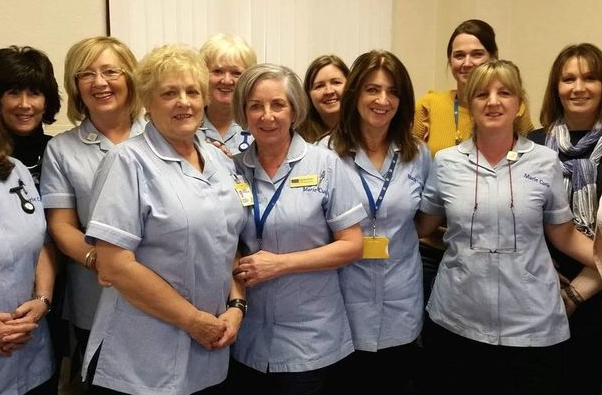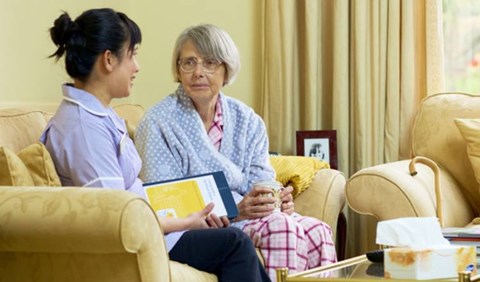MarkWilkin 11 years ago
5 replies
Edited by MarkWilkin 11 years ago
In our latest community Q&A we're covering Dementia and Terminal Illness and we're joined by Colette from the Alzheimer's Society who'll be answering your questions. We'll be covering the issues and the complications that carers can face while looking after someone with dementia when they're nearing the end of life.
We're opening the thread over the weekend to gather all your questions and our host Colette will be answering them between 3-4:30pm on Tuesday 16th June. You can start posting them now and she'll answer them when she's online. Just scroll down to read her answers.
Colette works as a helpline adviser with the Alzheimer’s Society on their National Dementia Helpline, responding to phone calls, emails and live online chats. Her work includes providing information, support and guidance along with signposting to other organisations as appropriate.
She says “it is a privilege to do this work supporting carers, people with dementia and other interested parties. No one day is the same on the helpline and we all work to provide the best possible help to our callers”.
Thanks






